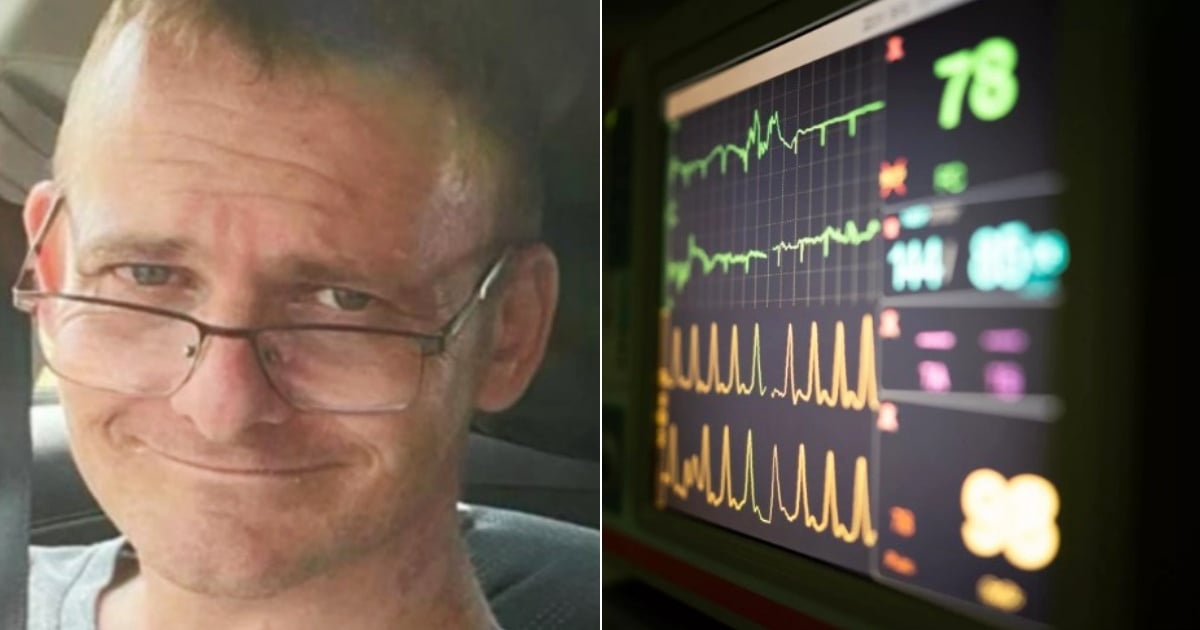A 36-year-old man, previously declared brain dead in the United States, astonishingly woke up during a surgical procedure intended for organ donation. This extraordinary event, which occurred in October 2021, has come to light amid an ongoing investigation. The case has reignited discussions about the protocols used to determine brain death in American hospitals.
Anthony Thomas 'TJ' Hoover II was pronounced clinically dead at Baptist Health hospital in Richmond, Kentucky, after a drug overdose led to cardiac arrest. Doctors informed his family there was no brain activity and decided to remove him from life support. The hospital staff told the family that Hoover had consented to organ donation, prompting them to begin preparations.
However, just as surgeons were ready to proceed with the organ harvesting, Hoover unexpectedly showed signs of life, causing the procedure to be halted. He began moving and crying, which stunned both his family and the medical team.
Questions Arise About Existing Protocols
Despite the safeguards that the U.S. organ procurement system claims to have in place to prevent such incidents, Hoover's family has expressed skepticism about the existing protocols, highlighting the need for reform. Baptist Health issued a statement emphasizing that patient safety is their top priority, while the Kentucky Organ Donor Affiliates (KODA) defended their actions, stating that they adhere to strict procedures.
Nonetheless, Hoover's family has chosen to share their story publicly in hopes of inspiring changes and preventing similar occurrences in the future. American media outlets suggest that a possible medical explanation could involve the substances that caused Hoover's overdose, which might have slowed neurological damage or interfered with brain activity tests.
Medical Factors and Investigation
In severe intoxication cases, brain metabolism can decrease, causing signs of life to appear later than anticipated. Factors such as hypothermia may also have contributed to a delayed recovery of brain activity, although such instances are exceedingly rare.
This case has prompted both state and federal investigations to determine whether the current protocols for organ donation in the U.S. are sufficient under exceptional circumstances. Authorities are scrutinizing each step of the process that led to Hoover being considered for donation while he still exhibited vital signs.
Currently, TJ Hoover remains alive and is being cared for by his sister during his recovery. Although he continues to face challenges with memory, speech, and mobility, his condition is improving, and he is leading an increasingly normal life.
